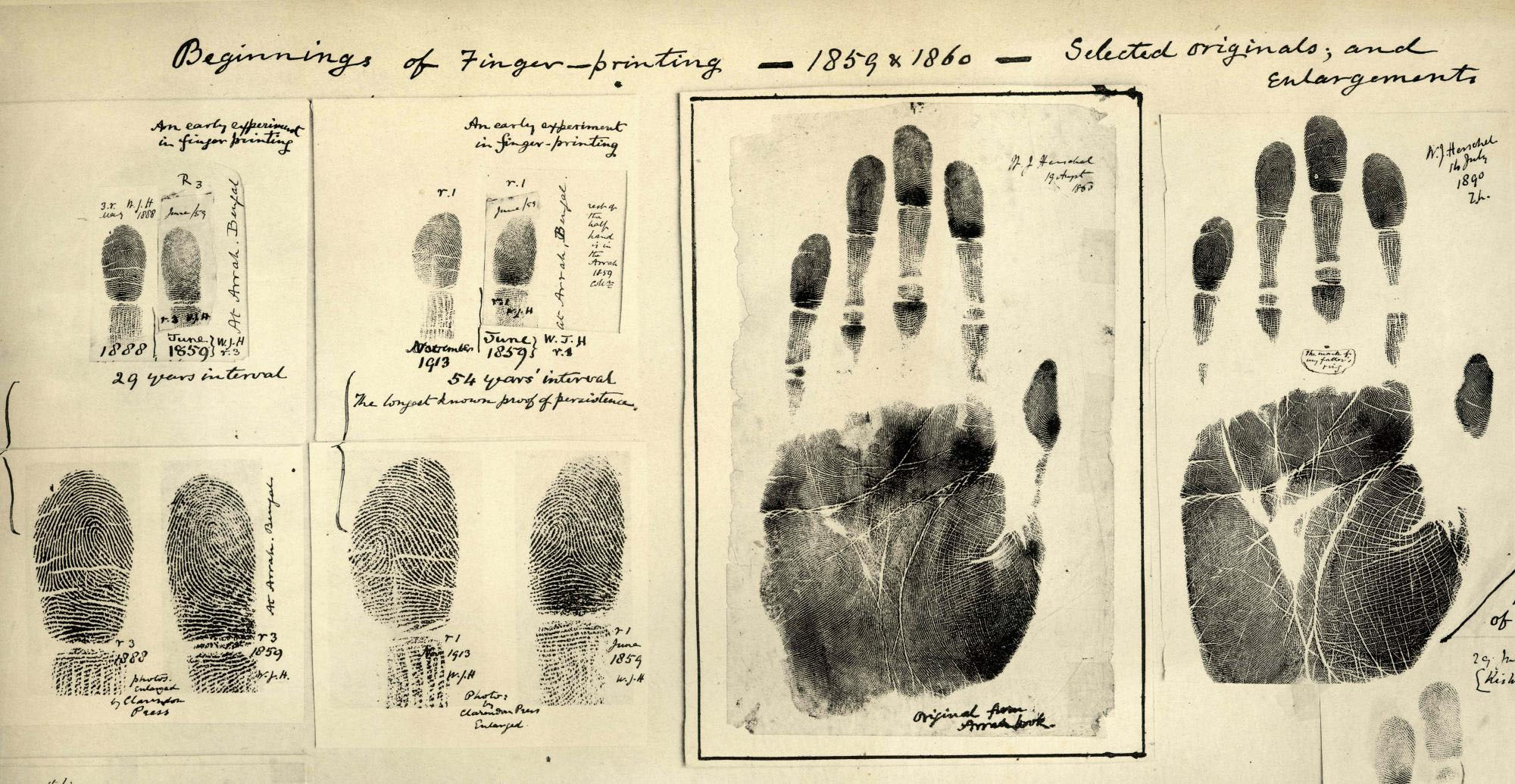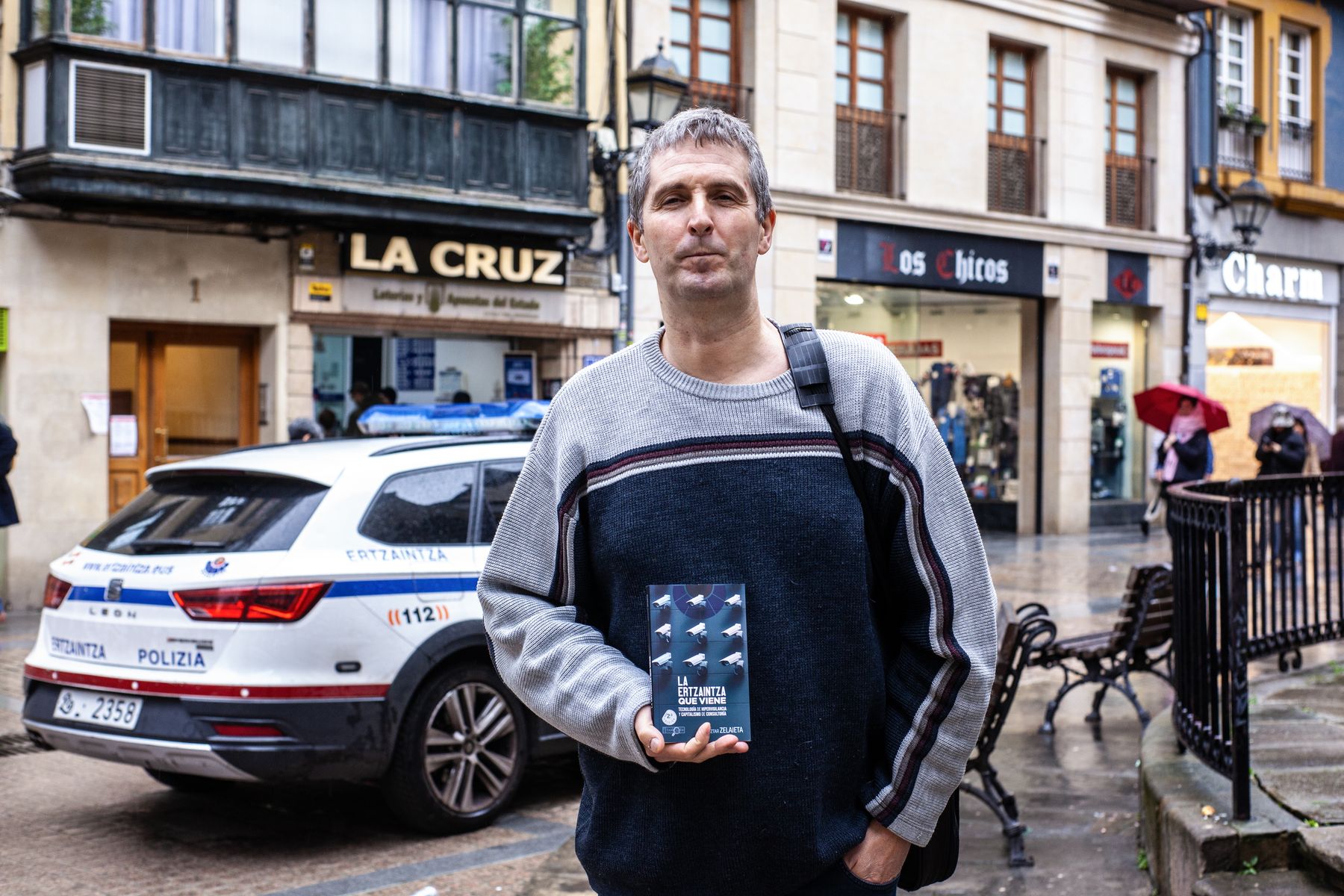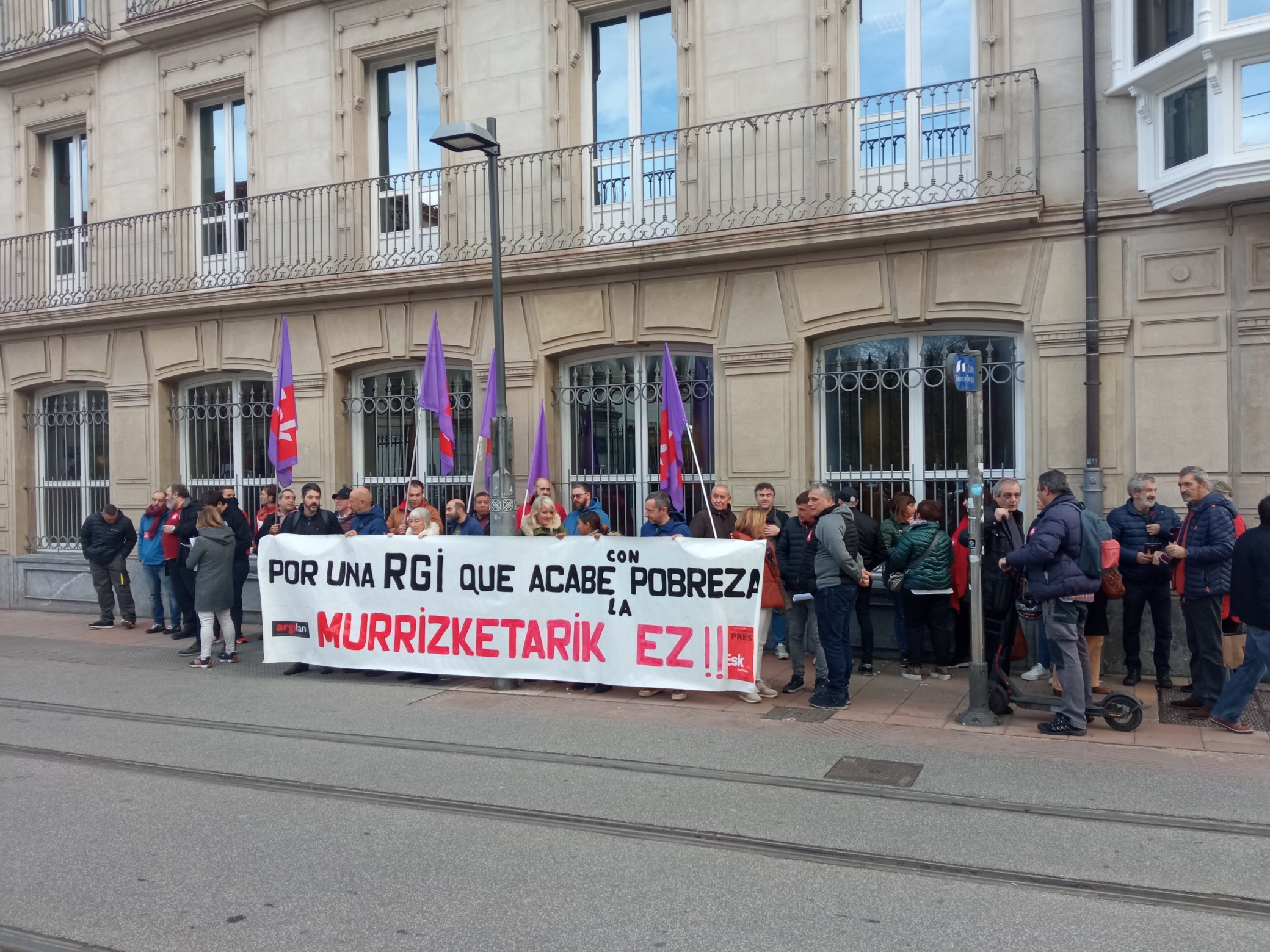France fulfils the dream of numerical fichajes
- The French state wants to be next to the United States and China: strong and an example in the field of social control technology. In the absence of such persons, it behaves discreetly and adheres to the position of those who march for the public good. One more step in the ALICEM application that will force facial recognition. Looking at the mobilization, he will know the face and the public services will be available to the citizens. One more step towards the controlled society she dreams of.

When the objective proposed is the end of the identification and anonymity of all people on the Internet, this project of numerical identity based on forced facial knowledge can only be fought”. These are the words of La Quadrature du net, an association that defends citizens’ rights on the Internet, and deals with the ALICEM (Authentification en ligne certifiée sur mobile–On-Line Verification Guaranteed by Mobile) application that the French Government is carrying out.
Alas, legislation and personal freedoms are obstructed by France: technologies of social control cannot be multiplied to the extent that this state, which, they say, was a people of human rights, is to their credit. However, he does not have a small dream and is even more keen to make it happen: he wants to be the leader of this sector. It wants to be next to the United States and China. “Unlike French culture, Chinese culture is more about recognizing the care of private lives,” as read in the latest report of the French National Institution for Higher Security and Justice Research (INHESJ). The state of China.
In order to digest social control in a simpler way, if not unconscious, the French Government has decided to channel it discreetly, with sweetness and “giving it a chance”. An example of this is the ALICEM application. On 13 May this year, Prime Minister Edouard Philippe adopted a new step by decree, avoiding political and philosophical debates in Parliament.
Generalizing facial knowledge
What is ALICEM? Application that opens the door to generalized facial knowledge. How will it work? The holder of a ID with a biometric chip telegarters the application on your mobile smartphone and creates a personal account. With the SMARTPHONE you will read the chip of the passport and pass the data, then moving your face around and recording a video. Once their identity has been confirmed, the Ministry of Development will create a numerical or digital identity for the Basque Country. Thanks to this, you look at your phone and open your account without doing anything else. What will it be for? It will be access to public services. Health Security Fund, driving licence management point, fiscal space… in total about 500 public services. Whether or not it wants the necessary elements for citizenship. For the time being, services can be accessed on the usual path, but there will also be this new path for those who want it.
Obviously, they are warning of their illegality and risk, structures related to personal freedom, such as the National Committee on Information and Freedoms (CNIL). In particular, follow the rules on databases, as the collection of biometric data should have the approval of each. However, the user has no other access to the application than facial knowledge forced by ALICEM. And what are you going to do with this information? Who are they going to be used for tomorrow and for what? The French Government is trying to reassure the citizen, but in the end only the future will clarify the answers to the questions. Because it's hard to tell if the driver tells the whole truth to the controller.
But no matter, stupid warning from the CNIL, the application is widespread at the end of the year. The Quadrature du Net has appealed to the Council of State. The annotation of the end of anonymity and the generalized identification of people is not a fabulation of the association. The evidence is easily found in official government deliberations. The 2019 report on the threat of numbering reads as follows: “Freedom, that’s the whole paradox of the Internet. Anonymity protects all those who multiply false accounts that are used to disseminate odious content and disseminate content of various kinds. (...) That’s why we have to overcome the challenge of numerical identity, so that from 2020 every Frenchman can demonstrate his identity and we know what it really corresponds to.”
They say the threat is terrible. “Our society is undergoing a numerical transformation that is spreading at full speed. The associated risks are no more regular, no, systemic: companies, territorial associations and citizens and their personal data
are affected”, said French Minister of the Interior, Christophe Castaner.El French Government has made a clear commitment to extend the fear of “threat”, “cybercriminality”, “popular content”… Cybercriminality versus smart technologies. The choice of words is also not stupid: Intelligence or crime?
Extending control to the streets
But the anonymity there is in the number is also on the street, and they can't support it anymore. How many anonymous people are wearing a yellow jacket this past year? How many green vests are calling for action in the face of the climate crisis? And how many anonymous people will the government mobilize against the disappearance of the public service? It knows this and it has been set as an objective the absolute control of the public square.
“We are facing a radicalisation of the resilient movements that appeared at the World Trade Organisation summit in Seattle in 1999 and affirmed at the G8 summit in Genoa in 2001. (…) Since then all international concentrations have been full of violence. The mobilisation of all our forces and international cooperation have been essential if the G7 summit in Biarritz is to succeed diplomatically.” These are the words of Interior Minister Milipol at the premiere of the U.S. Interior Security Hall. The Reporterre medium was present, in the presentation of all the equipment that we have difficulty imagining. In the article “Nous avons visited ‘Milipol’, le salon de la répression” (“We have visited Milipol, the trade of repression”) it seems that the terrible reality, well described, is at the tip of the nose. However, more than one representative of this industry criticised the rigidity of French legislation to Reporter. They cannot do everything they want and expect legislation to become more flexible: that social control, qualified as a smart adjective, “is the future.” In essence, the government has announced that it will launch facial recognition at the 2024 Paris Olympic Games.
Meanwhile, they move discreetly, experimenting with controls, reaching an agreement with a People's House. For example, in February of this year, facial recognition was tested by cameras on the streets during the carnivals in Nice. The Israeli programme Anyvision was used by the company Confidentia. To control the camera, 1,000 volunteers were expected, of which 5,000 were attended.
Europar Batasunean berriki onartu den Migrazio Itunak, asko zaildu dizkie gauzak euren herrialdetik ihesi doazen eta asiloa eskatzen duten pertsonei. Eskuin muturraren tesiak ogi tartean irentsita, migratzaileentzako kontrol neurri zorrotzagoak onartu dituzte Estrasburgon,... [+]
In the Basque Parliament, the legislative amendment to the Basque System for Inclusion and Income Guarantee has advanced. We need to look at the debate on the law, the agreements on the left and the right to amend it, and at the limited impact that the reforms brought about by... [+]
Video surveillance is not something new on our streets, neither in San Sebastian, nor in Euskal Herria, but what is especially serious is that the increase in smart video surveillance, which implies increased security and social control, is taking place without any kind of... [+]






















